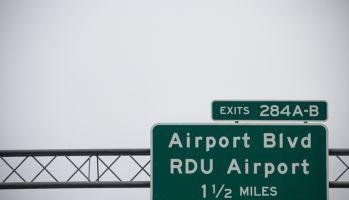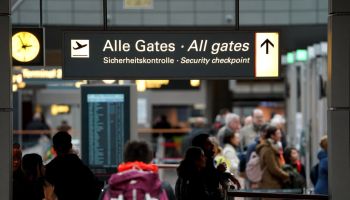Neighborhood schools in Wake County could create “pockets of poverty” and move the school system into a policy of segregation because of their socio-economic status, the state’s NAACP chapter president said Monday.
“What we know from history and from the fact that even under the guise of neighborhood schools, which is nothing more than another name for re-segregation,” the Rev. William Barber said. “Re-segregation is the enemy of school excellence.”
Speaking at an interfaith breakfast in Durham celebrating the legacy of the Rev. Dr. Martin Luther King Jr., Barber told the crowd that research shows schools with large majorities of poor children fail because they are underfunded, have a high teacher turnover and low student performance.
The Wake County Board of Education’s new majority is in favor of neighborhood schools and ending the school system’s decade-old diversity policy, in which students are bussed to schools across districts to help achieve socio-economic diversity among student populations.
The board says the proposed move away from bussing for diversity and its recent decision to end mandatory year-round school assignments is about giving parents choices.
School board member John Tedesco, who’s in favor of neighborhood schools, argues that the current diversity policy hasn’t addressed minority achievement gaps and lagging graduation rates. He thinks a shift will help.
“We’re not going to be a segregated school system,” he said.
Gov. Beverly Perdue, also in attendance at Monday’s prayer breakfast, also raised concern about re-segregation, saying, ‘We will not allow ourselves to go backwards.”
“I’m not going to get in a local school issue, but the fact of the matter is that every child in this state, regardless of their ZIP code, must have access to a free high-quality education,” she said.
Barber agrees.
“Schools segregated by socioeconomic status inevitably undermine our goal of high-quality experienced teachers for all students. Schools where poverty is concentrated breeds teacher burnout,” he said.
“It’s hard work, and research shows that experienced teachers eventually transfer to easier spots. Schools for poor children become places where teachers start but they do not stay,” he continued.















